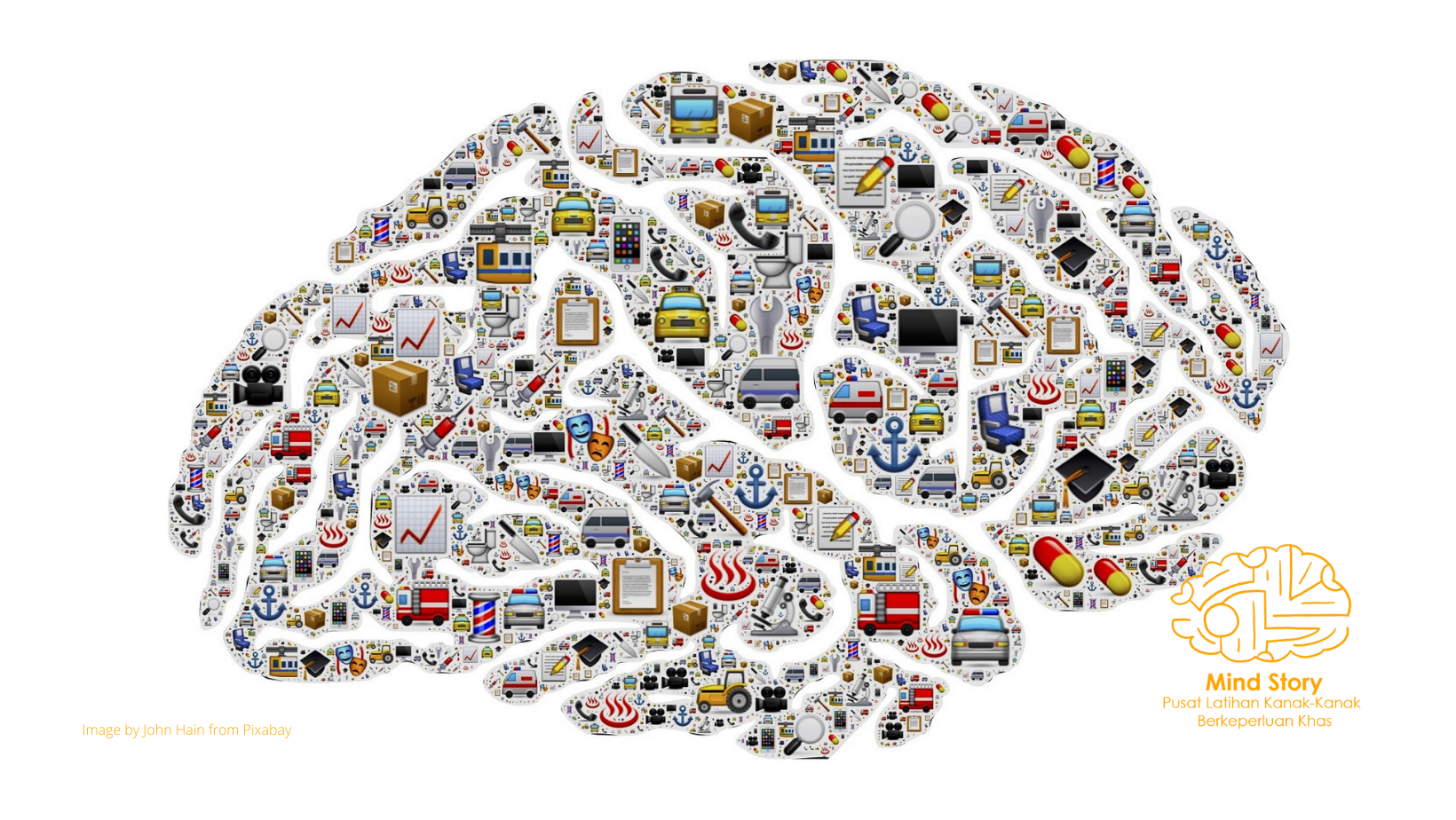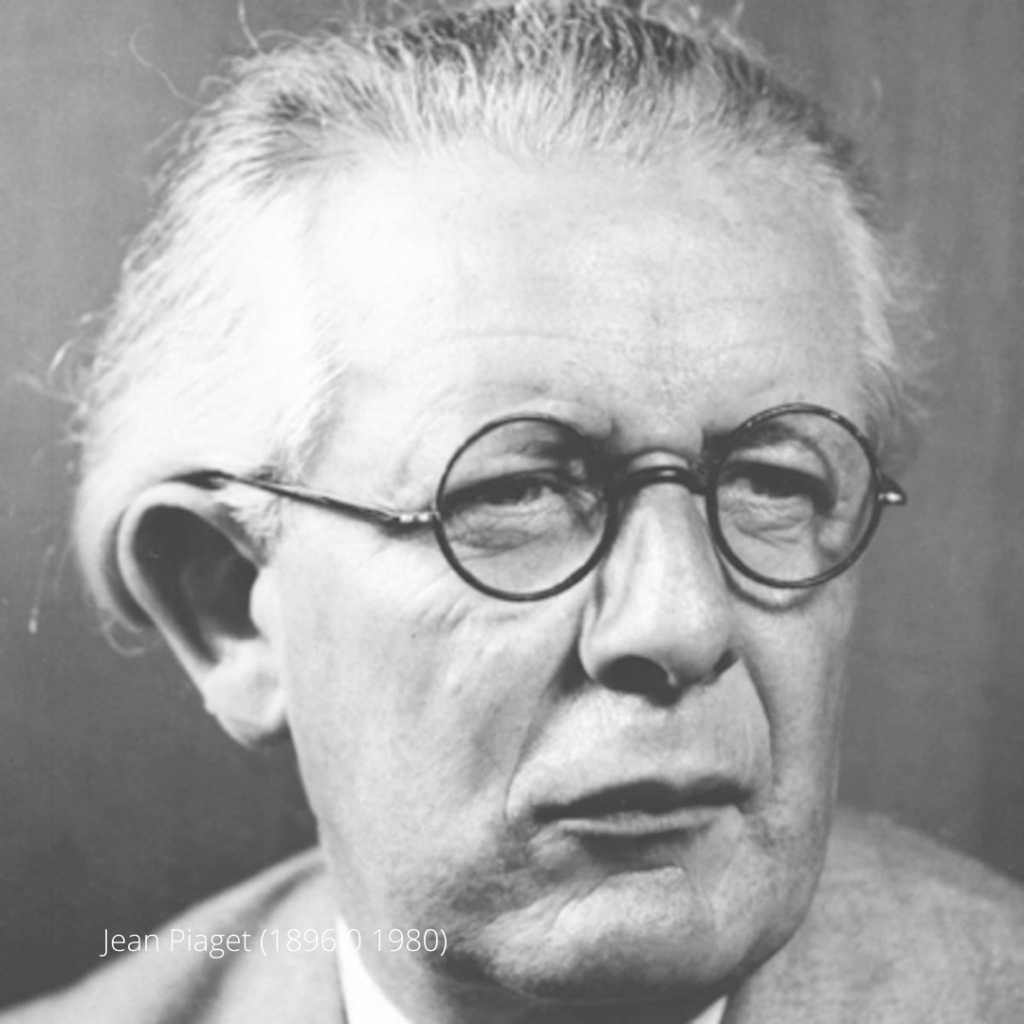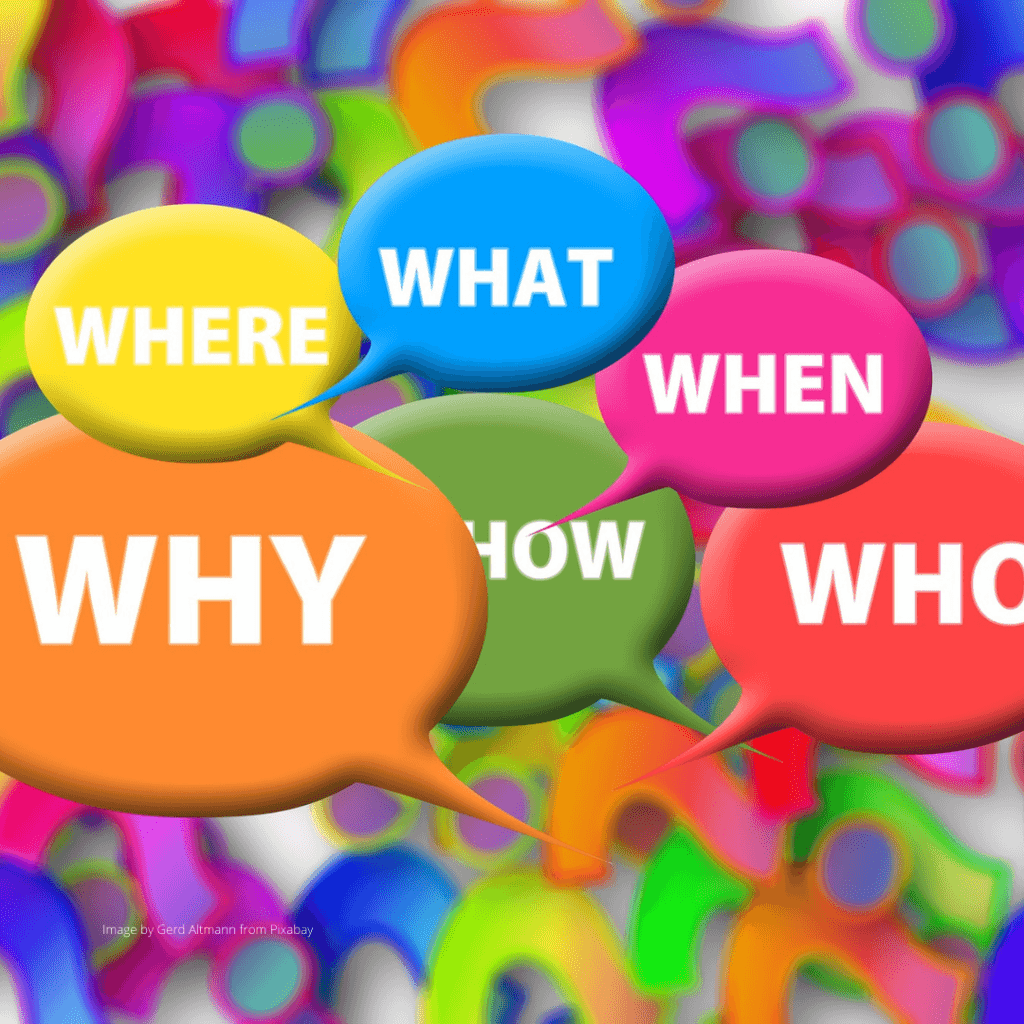
It is a development that helps us to figure the world around us. Our brain development is part of cognitive development. Cognitive impairment is seen in children with autism and learning disabilities. Children with cognitive impairment will require support in their way of interpreting events or things around them such as spoken or written language, coordination, self-regulation or maintaining attention. Monitoring your child’s cognitive development is critical to early identification of possible delay or impairment.
What is Cognitive Development
Cognitive development in children has been studied in a variety of ways since IQ test by psychologist, Lewis Terman (1877-1956) was first implemented in the United States. However, the more influential theory on cognitive development was from Jean Piaget (1896-1980). Piaget’s principle theory is that cognitive development develops in four stages:
- Sensorimotor stage (infancy)
- Pre-operational stage (toddlerhood and early childhood)
- Concrete operational stage (elementary and early adolescence)
- Formal operational stage (adolescence and adulthood)
Besides, Piaget’s information processing approach has allowed further researches made in the study of gradual improvement in our ability to take in information, focus on certain parts of it selectively and increasing attention span and memory retention as we grow.

Why is Cognitive Development important?
Cognitive development affects our way of logic and reasoning, working memory and retention, self-regulation, maintaining attention, understanding cause and effect, critical thinking and problem solving. Though researches have found that genetics determines a child’s cognitive ability, many of these skills can be taught through practice and training.
Therefore, it is important to track and monitor your child’s cognitive development. You would be able to know that your child’s development is on track or if he or she requires any support. Early identification would mean that your child receives timely intervention.
What can you do to support Cognitive Development of your child?
In addition to tracking your child’s developmental milestones, here are some activities you can do with your child to promote their cognitive development.
Play
Play is an important activity for your child. Children learn through play. Play allows your child to use all senses, be involved and learn. Activities such as music, toys, blocks, playground, dance, pretend play provide opportunities for your child to learn, interact, think and problem solve. Furthermore, being engaged in play promotes focus and attention. Play is a great way to start training your child to increase their attention span. Rolling in the mud or playing in the rain allow children to explore nature, activates their senses and learn cause and effect.
Who, What, Why, When, Where and How

Ask questions – not just for you to interact with your child but also allowing your child to be curious and ask the 1,001 why questions. Being curious allows the brain to grow where brain synapses explore and connect. Explore your child’s interest – what are they looking at, describe, explain and explore new information that you never knew, with your child. Look for answers together and be fascinated with their world even when you already knew the answers.
Choices
Provide choices for your child. What do you want to do today? Play blocks or walk in the park? Carrots or corn? This is one of the easier methods to encourage your child to think and understand the importance of their choices. As your child grows, choice offering can be more complex – I see that you are angry. Do you want to take a walk or drink some water? In addition, these options require your child to also feel the need in their body before deciding. Choices give options to your child to decide what they want to do and be in control. It is an opportunity to train the brain to focus, understand cause and effect and problem solve.
Conclusion
Cognitive development is helps us to figure the world around us. It provides for our ability to think, self-regulate, communicate and problem solve. Though genetics do determine a person’s cognitive ability, many of these skills can be acquired through practice and training. By monitoring your child’s, you will be able to support your child’s cognitive development and provide timely intervention, if required. When you are allowing your child to play, ask questions and making choices, you are supporting them to make connections and figuring out the world around us.
Read more on Making Full Use of Developmental Checklist to Support Your Child’s Development or Piaget’s 4 Stages of Cognitive Development.